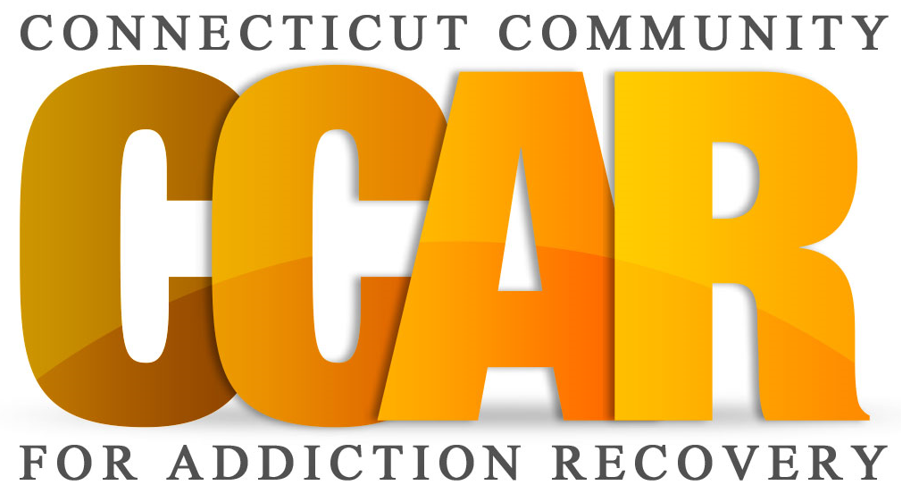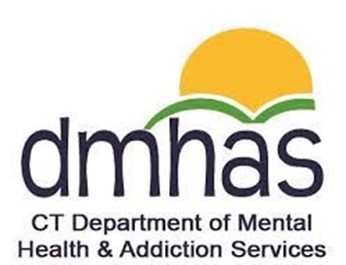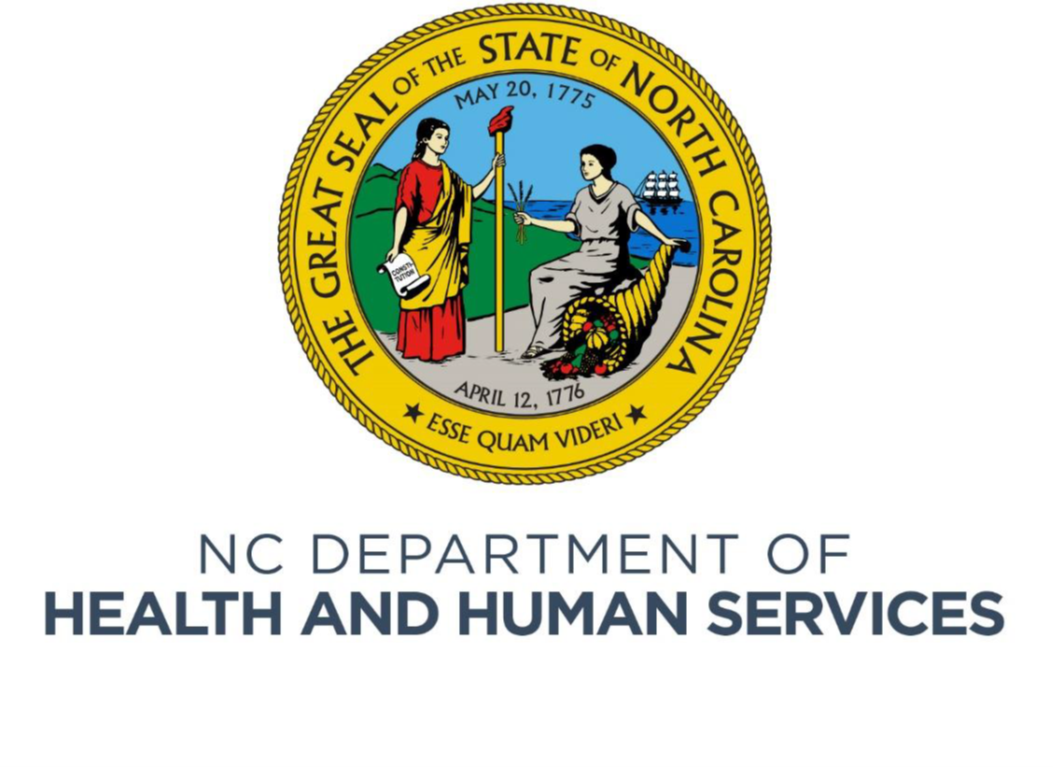The projects below intended to contribute to a better understanding of the barriers to access and retention in SUD treatment and propose solutions to increase engagement in care.
The article below looks at what can people who have had mental health challenges uniquely offer by virtue of their lived experience of recovery in the COVID-19 era. Three listening sessions over a virtual platform were conducted to gather information, views and personal accounts related to the current Covid-19 pandemic.
The articles below describe the results of two studies with an ultimate goal to offer insight of what works in mass media antialcohol campaigns and how to improve their persuasive power in order to prompt people to make healthier life choices when it comes to responsible alcohol consumption.
New England MHTTC provides training, technical assistance, and tool and resource development to enable mental health workforce to provide evidence-based practices within the systems of care. For the past six years, we have been responsible for all monitoring and evaluation activities where we demonstrate the center’s reach, relevance, and impact in mental health practice.
The PIC-CT is a 5-year project that promotes the full integration and collaboration in clinical practices between primary and behavioral health care for individuals with substance use, mental health, and/or co-occurring disorders. We undertook mixed-methods evaluation and offered a comprehensive overview of the stage of implementation, the processes involved, and the factors influencing the implementation of integrated care. Furthermore, we identified the changes in patient outcomes over time.
In an effort to promote the uptake of the state’s new person-centered planning in mental health, a series of staff trainings has been conducted over a six-month period. Our independent evaluation provided strategic and organizational recommendations to inform the planning process for the expanded implementation support for thousands of mental health providers and dozens of organizations in the state of North Carolina.



